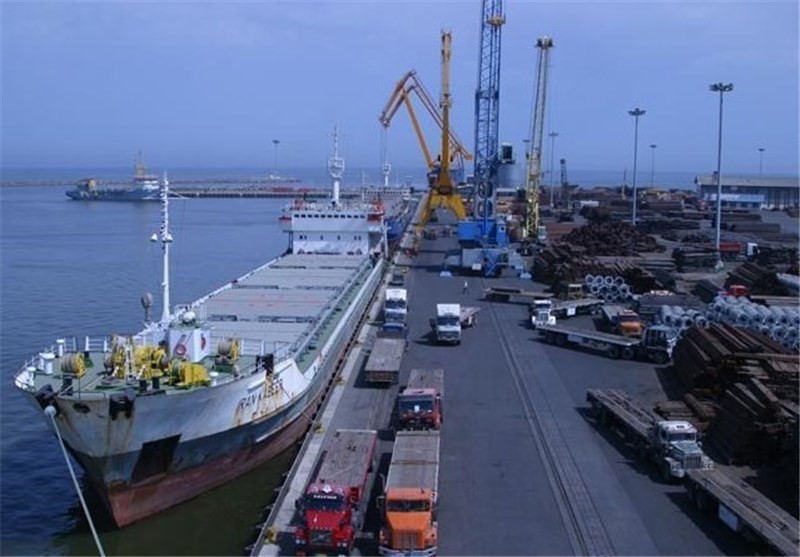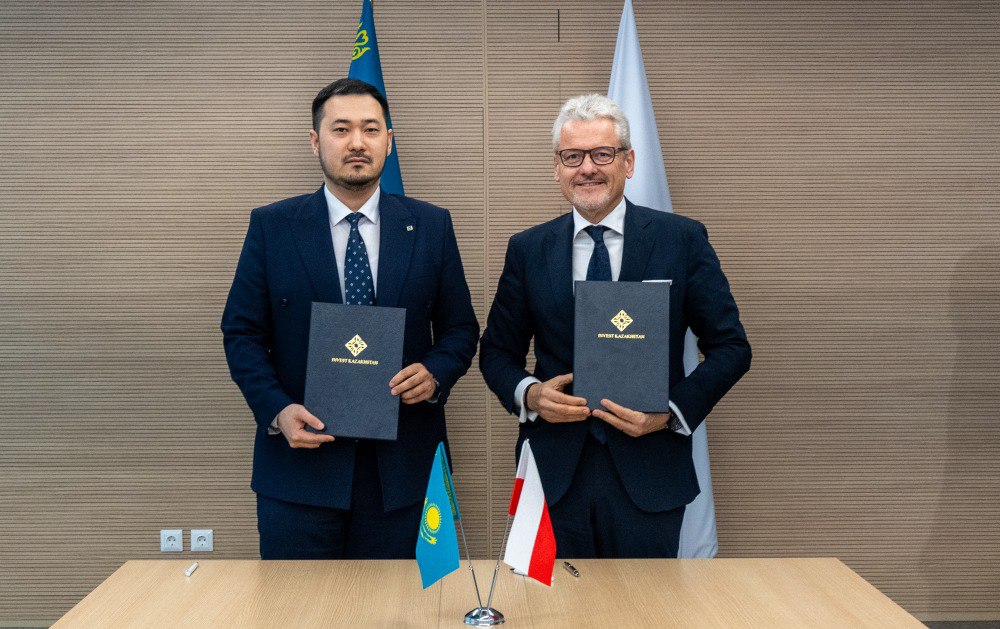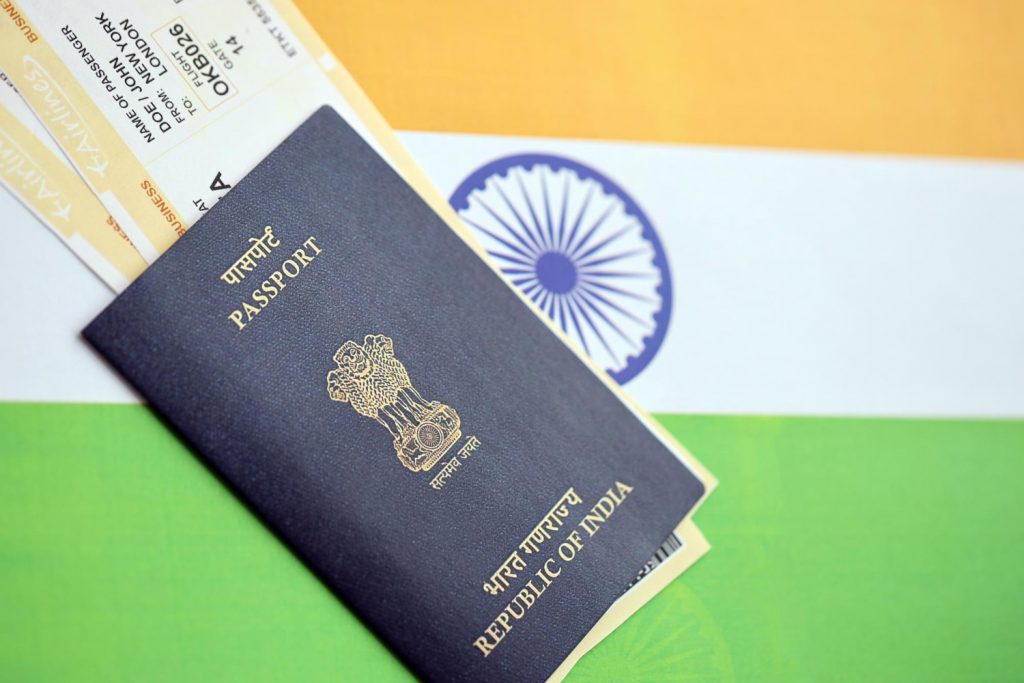TEHRAN (TCA) — On May 23, India signed a much-awaited contract with Iran to develop the country’s southeastern Chabahar port, a project which is expected to eventually create a regional trade, investment and transportation hub with links from the Indian Ocean to Central Asia, Iran’s PressTV news agency reported.
The deal was signed in a ceremony supervised by Iran’s President Hassan Rouhani and the visiting Indian Prime Minister Narendra Modi.
It was signed between India Ports Global Private Limited (IPGPL) and Iran’s Ports and Maritime Organization (PMO).
IPGPL will develop two terminals and five multi-cargo berths in Phase-1 of the Chabahar port project. India’s investment in phase-1 will be about $500 million.
“The bilateral agreement to develop the Chabahar port and the related projects, and availability of about $500m from India for this purpose, is an important milestone,” Prime Minister Modi was quoted as saying by the media after the ceremony to sign the Chabahar deal. “This major effort would boost economic growth in the region,” he added.
From Chabahar port, the existing Iranian road network can link up to Zaranj in Afghanistan, about 883 km from the port. The Zaranj-Delaram road constructed by India in 2009 can give access to Afghanistan’s Garland highway, setting up road access to four major cities in Afghanistan — Herat, Kandahar, Kabul and Mazar-e-Sharif, India’s media reported.
Chabahar will be used to ship crude oil and urea, saving India transportation costs. India intends to lease two berths at Chabahar for 10 years.
India’s Minister of Road Transport, Highways and Shipping, Nitin Gadkari, was quoted as saying that the agreements that the two countries have signed envisage investments of billions of dollars by New Delhi in setting up industries ranging from an aluminum smelter to urea plants in Iran’s Chabahar free trade zone.









